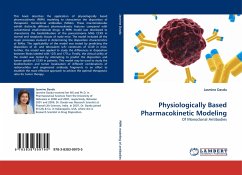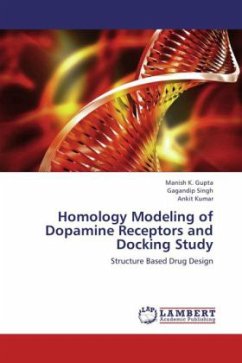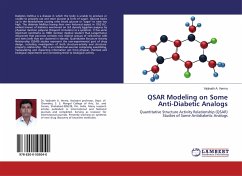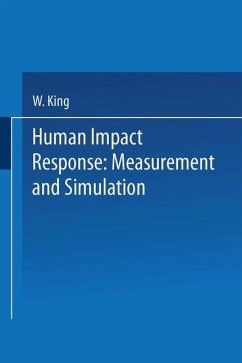This book describes the application of physiologically based pharmacokinetic (PBPK) modeling to characterize the disposition of therapeutic monoclonal antibodies (MAbs). These macromolecules exhibit distinctly different pharmacokinetic features compared with conventional small-molecule drugs. A PBPK model was developed to characterize the biodistribution of the pancarcinoma MAb CC49 in normal and neoplastic tissues of nude mice. The model included all the major processes involved in determining the disposition characteristics of MAbs. The applicability of the model was tested by predicting the disposition of di- and tetravalent scFv constructs of CC49 in mice. Further, the model was applied to study the differences in disposition between Mabs labeled with 125I and 177Lu. Finally, the clinical utility of the model was tested by attempting to predict the disposition and tumor uptake of CC49 in patients. This model may be used to study the biodistribution and tumor localization of different combinations of radionuclides and engineered antibody fragments in an effort to establish the most effective approach to achieve the optimal therapeutic ratio for tumor therapy.
Bitte wählen Sie Ihr Anliegen aus.
Rechnungen
Retourenschein anfordern
Bestellstatus
Storno








